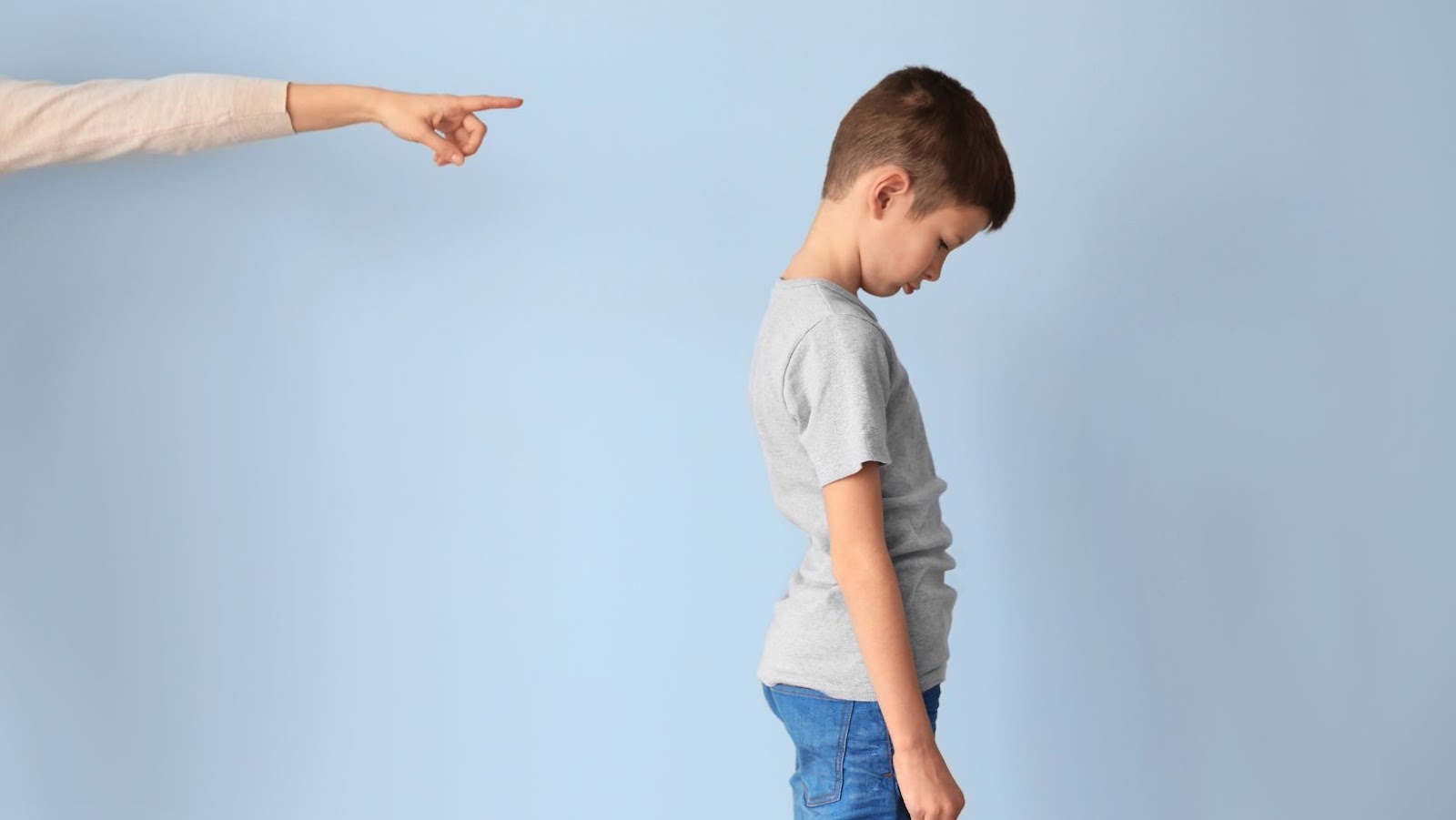When it comes to the landscape of parenting styles, uninvolved parenting often stands out as a stark contrast to more hands-on approaches. Sometimes referred to as neglectful parenting, this style is characterized by a lack of responsiveness to a child’s needs and little to no behavioral expectations.
Parents who adopt this approach typically let their children do what they want with minimal interference or guidance. They’re generally detached from their child’s life and are unresponsive to their basic needs. While some may think that children might enjoy the freedom that comes with uninvolved parenting, research suggests otherwise.
Uninvolved Parenting
Definition and Characteristics
Uninvolved parenting, as the term suggests, is a style of child-rearing marked by a lack of responsiveness to a child’s needs. It’s characterized by low levels of warmth, responsiveness, control, and involvement from parents towards their children. Such parents often provide for basic physical needs but are detached from their child’s emotional requirements. They’re usually self-absorbed in their own lives and have little or no interest in bonding with the child or nurturing their development.
While some uninvolved parents may be intentionally distant, others might simply be overwhelmed by other challenges such as work stress, personal issues or mental health problems. There are several characteristics that define an uninvolved parent:
- Lack of interest in the child’s day-to-day life
- Minimal communication
- Little to no involvement in the child’s education
- Neglecting emotional needs
- Ignoring the child’s feelings
 Signs of Uninvolved Parenting
Signs of Uninvolved Parenting
Uninvolved parenting, sometimes referred to as neglectful parenting, can be characterized by several key signs. These signs aren’t always easy to spot, but they’re critical in understanding and addressing this type of parenting.
Lack of Emotional Support
One of the most notable characteristics is a distinct lack of emotional support. The parent might seem detached or uninterested in their child’s feelings or experiences. For instance, if a child comes home upset from school, an uninvolved parent may dismiss their feelings or not engage with them at all. This absence of emotional support can lead to serious issues later in life such as low self-esteem and difficulty forming meaningful relationships.
Indifference towards Child’s Activities
This form of parenting also involves indifference toward a child’s activities – from disregarding accomplishments to showing little interest in their hobbies or interests. It could manifest itself as missing parent-teacher meetings consistently, showing no enthusiasm for achievements (like winning an art contest), or failing to engage with the child about what they enjoy doing.
- They might miss out on sports games
- They won’t show excitement over good grades
- They don’t ask about friends or school
By being aware of these signs, it’s possible to identify and potentially rectify instances of uninvolved parenting. Remember, every child deserves care, love, and attention from their parents.
 Consequences of Uninvolved Parenting
Consequences of Uninvolved Parenting
Uninvolved parenting, often characterized by a lack of emotional involvement, guidance, or supervision, can have profound effects on children. Although every child’s experience differs based on individual circumstances and resilience levels, the negative consequences generally revolve around two main areas: Emotional and behavioral issues, and long-term impacts on adult relationships.
Emotional and Behavioral Issues in Children
Children raised under uninvolved parenting tend to face significant emotional and behavioral challenges. Deprived of necessary emotional support and guidance from their parents, they’re more likely to develop low self-esteem. It’s also common for them to struggle with feelings of rejection or neglect.
Behaviorally speaking, these children often exhibit signs of aggression or impulsive behavior. They might also engage in risk-taking activities as an attempt to seek attention that they don’t receive at home. In school settings, such children may display academic difficulties due to a lack of parental interest in their educational achievements.
Here’s a quick snapshot:
| Emotional Challenges | Behavioral Problems |
| Low Self-Esteem | Aggression |
| Feelings of Rejection/Neglect | Impulsive Behavior |
| Risk-Taking Activities |
Long-term Effects on Adult Relationships
The impact of uninvolved parenting doesn’t end when childhood does; it extends into adulthood influencing relationship dynamics. Adults who’ve experienced uninvolved parenting during their growing up years often find it challenging to form secure attachments. They might struggle with trust issues due to early experiences with unreliable caregivers.
Furthermore, they may wrestle with expressing emotions healthily or understanding others’ emotions – key components for successful interpersonal relationships. In some instances, adults from uninvolved homes might repeat the cycle by showing similar detachment towards their own kids – unaware that there’s another way to parent because they never experienced it themselves.
To summarize:
- Difficulty forming secure attachments
- Struggles with trust issues
- Challenges in understanding and expressing emotions
- Potential to repeat the cycle of uninvolved parenting
Uninvolved parenting can cast long shadows over a person’s life, but it doesn’t categorically determine destiny. With awareness, understanding, and appropriate support systems or therapy, individuals can overcome these challenges and break the cycle for future generations.